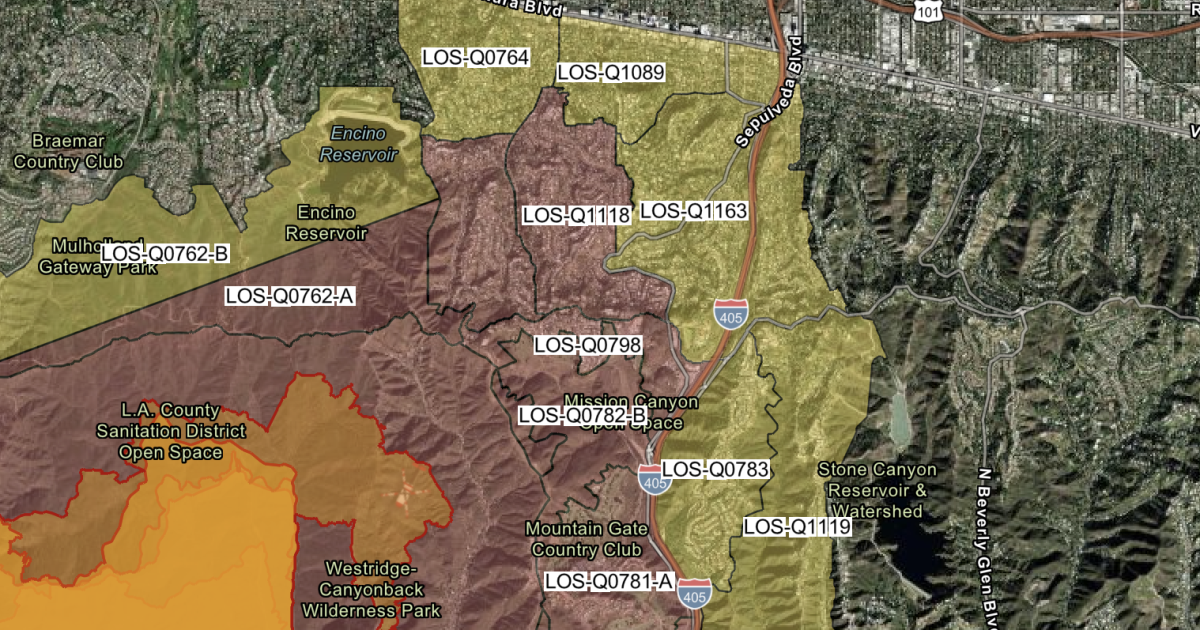Supreme Court rejects constitutional claim in California pollution case

WASHINGTON – The Supreme Court on Monday rejected a red-state constitutional challenge to California's special air pollution enforcement agency.
With Justice Clarence Thomas dissenting, the justices rejected an appeal by Ohio and 16 other conservative states, which asked the court to rule that “The Golden State is not a golden child.”
While Monday's brief order closes the door on a constitutional challenge to California's anti-pollution standards, the court on Friday opened the way for a different, more targeted legal challenge.
The oil and gas industry is suing the state's “zero emission” goals for new vehicles, arguing that California's special mandate to combat air pollution does not extend to greenhouse gases and global warming.
The lower court dismissed the case on the grounds that the oil producers did not have standing to sue. Their complaint was that they will sell less oil in the future.
On Friday, the judges agreed to reconsider that decision early next year. They can pave the way for the suit to proceed.
Monday's related order narrows the legal grounds the industry can use to challenge the California law, assuming it ultimately prevails.
The incoming Trump administration is likely to intervene on the side of the opposition.
California Atty. Gen. Rob Bonta and US Attorney Elizabeth Prelogar urged the court to reject both appeals. They said California's strict emissions standards are designed to combat smog and other air pollution and greenhouse gases.
They argue that Congress has sufficient authority under the Constitution to make special laws for problems in different states.
Since the beginning of American history, they say, Congress has authorized special cultural activities for other states or laws that regulate interstate relations.
Challenging California's authority, Ohio's Atty. Gen. David Yost pointed to a 2013 court decision that struck down part of the Voting Rights Act on the grounds that it violated the principle of equal state sovereignty.
When Congress adopted national air pollution standards in 1967, it said California could go ahead because it was already enforcing stricter standards to combat the nation's worst smog problem.
Ohio and red states say this special authority violates “basic constitutional principles because no state is more equal than any other.” And Congress does not have the general power to elevate one state above others….Yet in the Clean Air Act, Congress elevated California above all other states by giving only the Golden State the power to pass certain environmental laws.”
Without comment, the judges said they will not listen to what the constitution says.
The Environmental Defense Fund applauded the court's decision.
“California's clean car standards have successfully helped reduce harmful air pollution, smog, and air pollution that puts everyone at risk, while also promoting clean technology and creating jobs,” said Alice Henderson, lead counsel for their clean air policy group.
Source link



